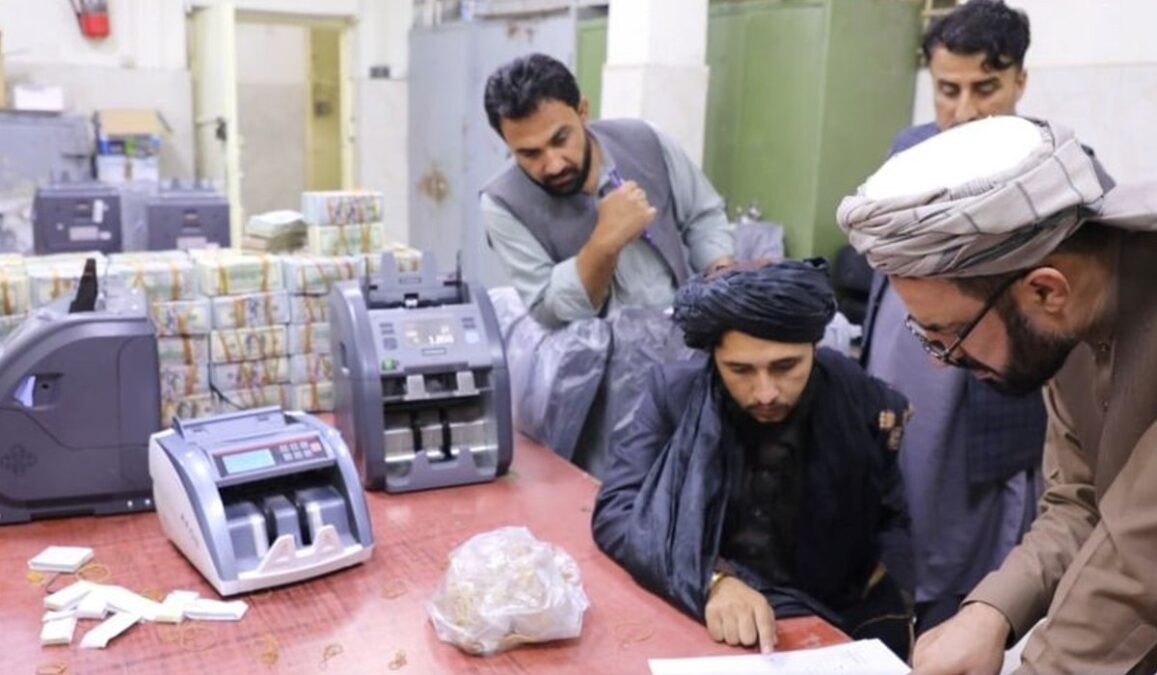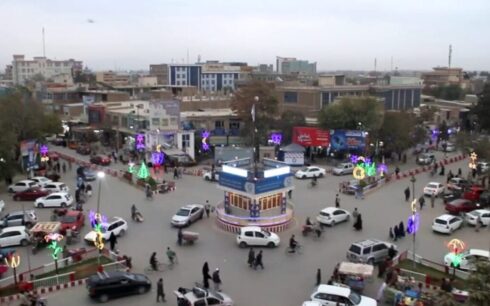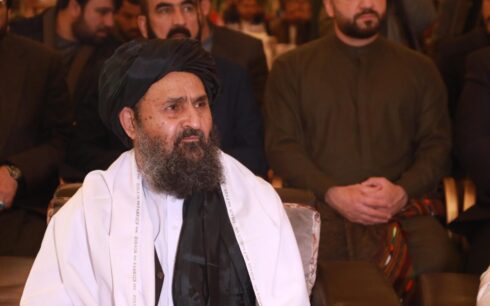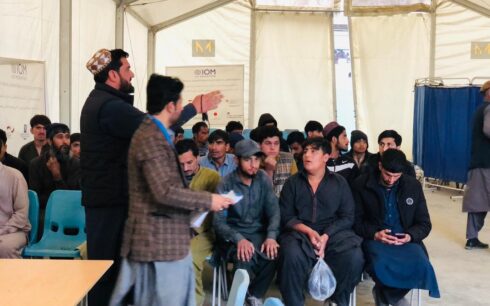The international community stopped its cash aid shipments to Afghanistan in mid-December 2022, a spokesman for Taliban-controlled Central Bank, Hasib Noori, confirmed Saturday.
Noori told Amu TV that UNAMA has stopped its aid to Afghanistan in reaction to the ban on women aid workers.
Figures by the Central Bank, controlled by the Taliban, show that it received $120 million in the first two weeks of December 2022.
Since the Taliban’s takeover of Afghanistan in 2021, the international community injected between $40 million and $80 million into the country’s ailing economy on a weekly basis; and every week, the Taliban-controlled central bank announced the arrival of the money on Twitter.
However, there was a deathly silence for a few weeks as no announcements were made. On January 3 Amu TV first reported on this.
The ban on women getting a university education was announced on December 20, just six days after the last shipment of cash arrived in Kabul – on December 14. In their last tweet, the central bank said the December 14 amount had been $40 million.
The group’s ban on higher education for women triggered a worldwide outcry but then four days later, on December 24, the Taliban banned women from working for NGOs. This drew an even bigger outcry as aid organizations said they would not be able to fully implement their humanitarian projects without female employees.
The Taliban’s announcement Saturday came a day after the UN’s lead humanitarian coordinator Martin Griffiths told BBC that UN flights carrying cash for humanitarian aid into Kabul had been suspended pending a pause in the Taliban ban. The aid is supplied in cash due to US sanctions.
Griffiths, the head of the UN’s Office for the Coordination of Humanitarian Affairs, is due to visit Kabul shortly to discuss the impasse. He told the BBC however that UN-supplied aid cannot continue if the Taliban do not lift their ban on women working for humanitarian aid agencies in Afghanistan.
“Without women working, we can’t deliver for the people who are in fact the primary objects of humanitarian assistance for women and girls. So it’s a practical matter. It’s beyond rights. It’s also practical,” he said.
According to the BBC, while he said he did not want to pre-empt talks and was willing to examine workarounds on the ban, his remarks suggest a standoff is developing between the UN and the Taliban that could lead to billions in aid being cut off in the long term.
“We will do everything we can to be able to remain and stay and deliver. These are particularly difficult circumstances, I can’t remember a place where we have faced such a series of impediments. But humanitarians spend their lives negotiating, as well as delivering.”
He said: “We’re there for 28 million people in Afghanistan. It’s the largest humanitarian aid programme in the world and so it’s a body blow against our capacity to deliver.”
Meanwhile, according to a study by Amu TV, Afghanistan’s central bank received $120 million in hard cash in the first two weeks of December 2022. Based on the announcements on Twitter since August 2021, the international community had donated a total of $1.7 billion in cash to Afghanistan.





